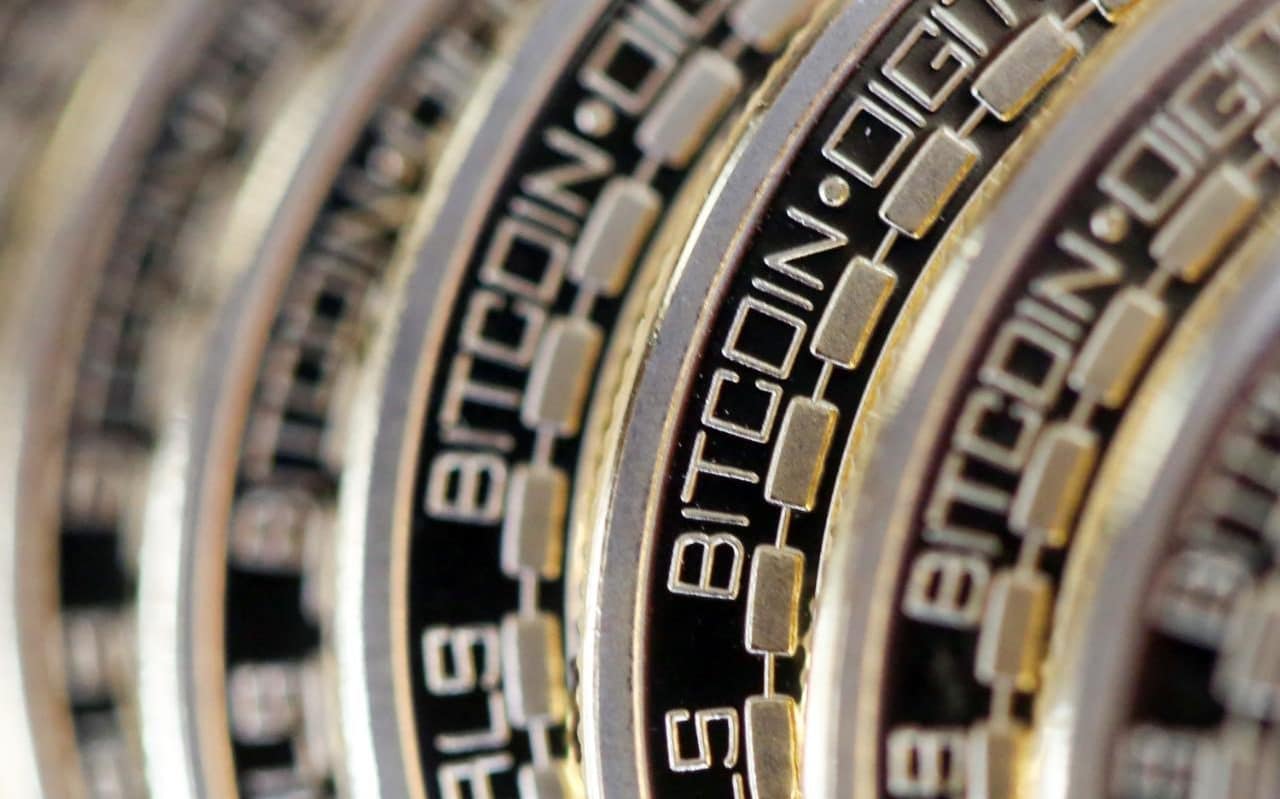Gangsters, pranksters and outright fraudsters are flooding the market with initial coin offerings. Sober voices are calling to rein them in, before they bring down the US$196 billion sector
Exio Coin’s home page, while it existed, was light on details, but had a heavy sense of urgency.
It featured a tagline (“The self-evolving cryptographic currency”), a vague claim (“World’s First Cryptocurrency to be Officially Endorsed by a Sovereign Nation”) and a link to a white paper.
It also prominently featured a countdown clock, with large, boldface digits tracking the days, hours, minutes and seconds left until the reader would be able to purchase the cryptocurrency.
As recently as Sept. 4 — three days before an initial coin offering, or ICO, was set to begin — Exio Coin was presenting itself as the investment opportunity of a lifetime. The cryptocurrency‘s team in a press release said it was “widely expected to be the largest ICO of 2017” — an impressive claim given the year’s largest had raised US$250 million.
But such claims are all too common in the wild world of ICOs, which have skyrocketed in popularity in 2017 and raised US$2.7 billion to date.
Proponents say ICOs give ordinary people an opportunity to invest in new blockchain technologies that will drive change on a comparable scale to that brought about by the internet. But the lofty valuations and ease of setup are also attracting scammers, pranksters and fraudsters, so much so that the cryptocurrency sector’s more sober voices are calling for standards to rein in irresponsible players before they bring the US$196-billion market crashing down.
Source/More: Investors’ greed stokes perils in the cryptocurrency gold rush | Financial Post
















